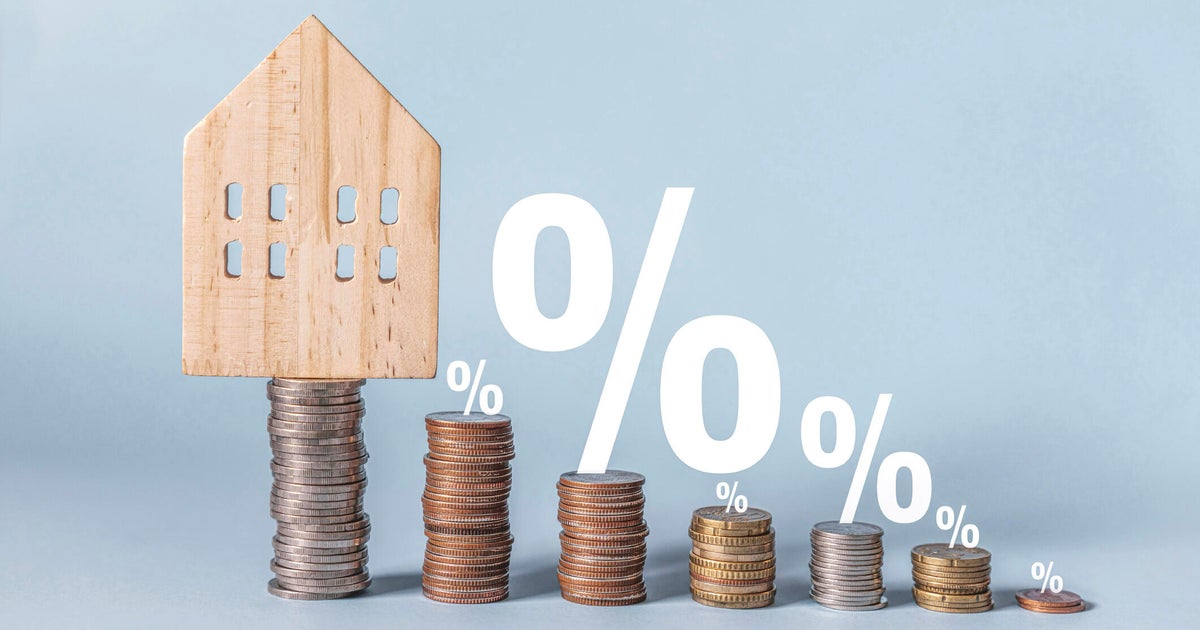3 ways mortgage rates could fall in 2024
Make no mistake about it – mortgage rates right now are very high, with the national average for a 30-year fixed rate loan above 8% as of October 26. Combined with rising home prices, this creates an environment that is very difficult for potential homebuyers, as they have to pay significantly more than they would have just a few years ago, when rates were much lower.
"Housing affordability is the number one economic issue in this country," says Raunaq Singh, CEO and founder of assumable mortgage platform Roam.
While Singh noted that he doesn't expect rates to get back to where they were during the pandemic for at least a decade, there is some potential for a bit of relief in the coming year. Below, we'll break down how mortgage rates could get a bit less scary in the coming year.
Start shopping for a mortgage today.
3 ways mortgage rates could fall in 2024
Mortgage rates won't get low enough to create a true buyers market for a while, but there is some possibility that there will be drops in the coming year. Here's how rates could fall next year:
The Federal Reserve might cut rates
There are a few reasons why mortgage rates have gone up so drastically in the past 18 months, but one of the most significant is that the Federal Reserve has raised federal interest rates nearly a dozen times. Though the Fed does not directly set mortgage rates, the rates that potential homeowners get tend to follow along with the rates set by the federal agency.
According to some reports, the Fed is expected to make at least two rate cuts next year. To be clear, that isn't likely to make a huge impact on the rates that mortgage-seekers get, but it could lead to a small dip – perhaps up to 0.5%. That may not seem like much, but over the life of a mortgage it does add up.
Get started looking for a mortgage online right now.
Inflation could go down
The Fed hasn't been raising rates for no reason – it has been in response to raising inflation. Inflation has been high since 2022, reaching more than 9% in June of that year. The Fed raises interest rates to try to stop businesses and individuals from spending too much money, which means the money supply is lower and prices go down.
While inflation is still a problem, it was down to just 3.7% in September 2023. That's still a bit off from the Fed's target rate of 2.0%, but it is getting closer. If inflation continues to fall, the Fed may end up making more rate cuts than currently projected, which would in turn lead to lower mortgage rates for consumers.
The jobs market could finally cool down
While there has certainly been plenty of economic uncertainty recently, one thing is undeniable – the jobs market has generally been hot. In September the economy added 336,000 jobs and the unemployment rate sat at 3.8%.
The job market, like other markets, is cyclical. Eventually, companies will stop hiring and that would lead to a weaker economy overall. In response, mortgage rates could go down. There is no definitive way to predict if the job market will cool down in 2024, but if it does, there could well be relief for mortgage seekers.
The bottom line
Right now, mortgage rates are very high, which makes it difficult for potential buyers to get a home to call their own. While it is unlikely that mortgage rates will get down to the place they were in 2020 and 2021 – when rates were hovering at around 2% – there could well be some relief in 2024. This is especially possible if a few key economic indicators change, namely inflation and the job market.




